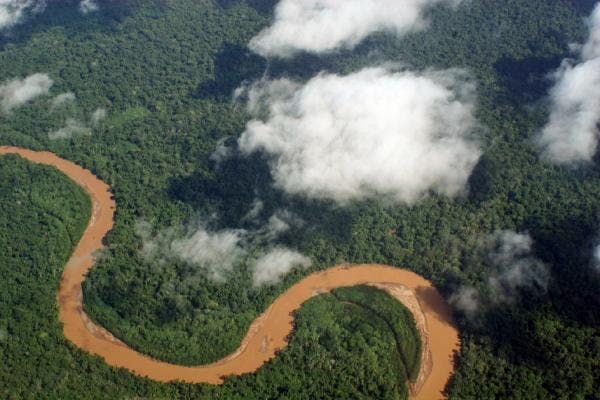Wikipedia - Jonathan Lewis - CC BY-SA 2.0 - https://en.wikipedia.org/wiki/Bolivia#/media/File:Amazonia_boliviana_desde_el_aire.jpg
Bolivia’s new president faces complex drug scenario
By Parker Asmann / InSight Crime
The newly sworn-in president of Bolivia, Luis Arce, will face a number of pressing security challenges as he works to bring stability back to the country — but none is as important as setting a clear drug policy. Arce’s landslide election win at the end of October marked a return to power for the Movement to Socialism (Movimiento al Socialismo — MAS) party, which was led by former President Evo Morales before he was ousted and forced into exile after a contentious 2019 election.
A state-sanctioned crackdown on the opposition and widespread human rights abuses — including the killing of 10 coca farmers when troops opened fire on protesters decrying Morales’ departure — in large part defined the 12-month tenure of the interim government of Jeanine Áñez.
Now, Arce is tasked with not only restoring calm to the Andean nation, but also grappling with rising drug flights leaving the northern department of Beni and allegations that Brazil’s First Capital Command (Primeiro Comando da Capital — PCC) may now be sourcing most of its cocaine supply from Bolivia, among other things.
Bolivia has been known for thinking progressively in terms of drug policy, including creating a legal, domestic coca market. But Áñez’s interim government quickly swung Bolivia’s anti-drug approach back to hard-line measures focused on the lofty goal of creating a country “free of drugs.”
Under Morales, the government took a different approach to drug policy and invested in a “community coca control” program. This focused on working with coca growers directly to maintain the quota on legal production — which stands at 22,000 hectares — “rather than to recklessly eradicate the plant,” according to an Open Society Foundations report.
